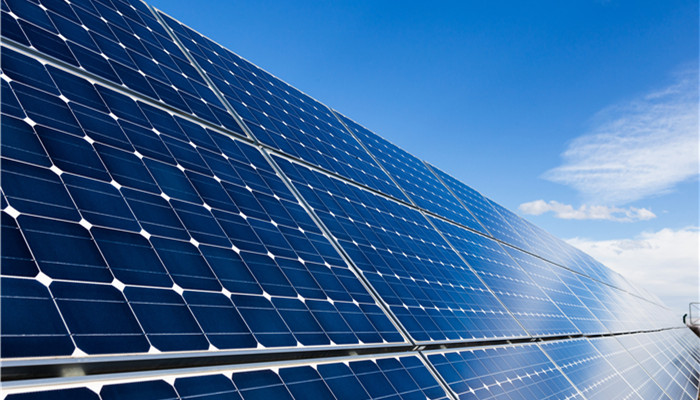
The localization rate of photovoltaic slurry has increased, and the development of the industry will continue to improve.
Photovoltaic paste refers to the conductive paste printed on the silicon surface of solar cells through a certain process. Photovoltaic slurry is an auxiliary material in the photovoltaic cell manufacturing process. It is often printed on the surface of photovoltaic cells and is used to collect and conduct cell surface current. It accounts for approximately 35% of the non-silicon cost of photovoltaic manufacturing. Photovoltaic paste is mainly divided into two categories: front silver paste and back silver paste. In my country’s photovoltaic industry chain, photovoltaic paste is still a link that has not yet been completely replaced by domestic products, especially front silver paste.
In the early stages of development, due to the lack of core technology, the conductivity of domestic photovoltaic slurries was low, and market demand relied on imports, but imported slurries were expensive. After 2010, with the breakthrough of core technologies, the pace of domestic substitution of photovoltaic slurries accelerated. From 2017 to 2021, the market share of domestic photovoltaic slurries grew rapidly. In 2021, the localization rate of photovoltaic slurries has reached about 55%. With the expansion of industry scale, the quality of domestic photovoltaic slurry products has also improved, and the market price has further decreased.
According to the “2022-2026 China Photovoltaic Slurry Industry Market In-depth Research and Development Prospects Forecast Report released by the Industrial Research Center, Photovoltaic slurry is one of the key materials of photovoltaic cells and has a direct impact on the conversion efficiency of photovoltaic cells. In recent years, driven by policies, my country’s photovoltaic industry has developed rapidly, and the scale of photovoltaic cell production and application has continued to expand. According to data from the China Photovoltaic Industry Association, my country’s photovoltaic industry will achieve steady growth in 2021, with photovoltaic cell output reaching 198 GW, a year-on-year increase of 46.9%. The growth in photovoltaic cell output is good for the development of the photovoltaic slurry market.
In recent years, my country’s photovoltaic slurry industry has developed rapidly. At the same time, a large number of photovoltaic slurry manufacturers with advantages in technology, R&D, and talents have emerged in China, such as Nantong Tiansheng, Guangzhou Ruxing, Changzhou Polymer, and Suzhou Jing. Silver, Wuxi Dike, Zhejiang Guangda and other enterprises. With the active layout of relevant enterprises, the monopoly pattern of foreign companies in the photovoltaic slurry market has been broken, and domestic photovoltaic slurry has achieved both quantity and quality.
In 2020, the international mainstream cell size is 166mm. In recent years, with the development of downstream cells to large sizes, the market has put forward higher requirements for the printing performance, aluminum backfield adhesion, curvature, conductivity and other properties of photovoltaic pastes. requirements. In this context, Chinese enterprises still need to improve their competitiveness through technological innovation, product research and development, etc., in order to avoid the risk of being eliminated by the market.
Industry analysts said that photovoltaic slurry is one of the key materials for photovoltaic cells. In recent years, with the development of my country’s entire photovoltaic industry chain With rapid development, the demand for photovoltaic slurry market continues to be released. At present, my country’s photovoltaic slurry has not yet fully achieved domestic substitution. However, with the rise of domestic enterprises and technological upgrading, photovoltaic slurries have improved in terms of scale and quality. The market share of domestic photovoltaic slurries continues to increase, and the industry continues to develop. .

 微信扫一扫打赏
微信扫一扫打赏

